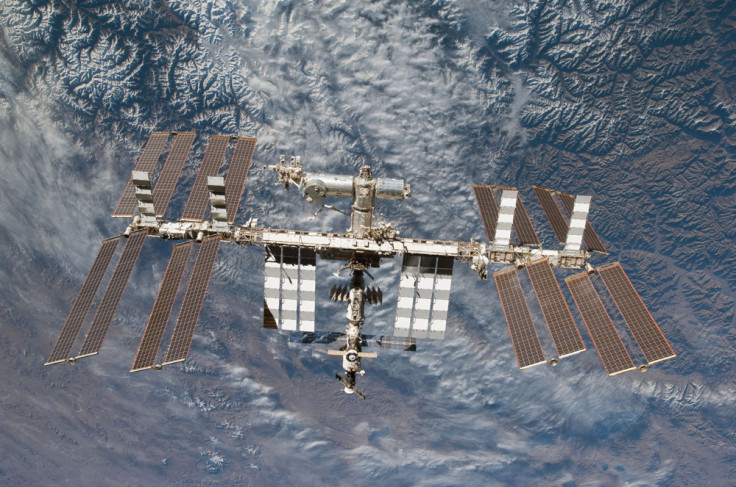Nasa forced to pay Russia $490m for a lift to the ISS

Nasa has been forced to pay Russia almost half a billion dollars for a lift to the International Space Station because of a funding shortfall.
The US space agency has forked out $490m (£316m) for six seats for its astronauts to get to the ISS on board one of the Russian Federal Space Agency's (Roscosmos) Soyuz spacecraft.
Nasa's space shuttles were stopped in 2011 as the organisation set about sending its astronauts to the ISS on board privately developed spacecrafts like SpaceX. However, a shortfall in funding from the US Congress has meant the space agency is down about a billion dollars on what it requested since 2011.
As a result, the first launches of these private space taxis are not expected to take place until at least 2017. Now Nasa says it has been forced to extend its contract with Roscosmos at a cost of $490m – despite the tense political relationship between the two nations (the invasion of Crimea in 2014 led to a ban on Nasa/Roscosmos collaborations).
Nasa administrator Charles Bolden has written a letter to US Congress saying it had been forced into this position because of "continued reductions in the president's funding requests". The latest contract with Roscosmos will last until 2019
"For five years now, the Congress, while incrementally increasing annual funding, has not adequately funded the commercial crew program to return human spaceflight launches to American soil this year, as planned," he said, adding that human spaceflight and exploration are critical to the nation, with their "bold goals" setting the US apart from all others.
"While I understand that funding is extremely limited, it is critical that all of NASA's human spaceflight efforts be supported. It is my sincere hope that we all agree that the greatest nation on Earth should not be dependent on others to launch humans into space. I urge Congress to provide the funds requested for our commercial crew program this year, so we can prevent this situation in the future."
© Copyright IBTimes 2025. All rights reserved.






















